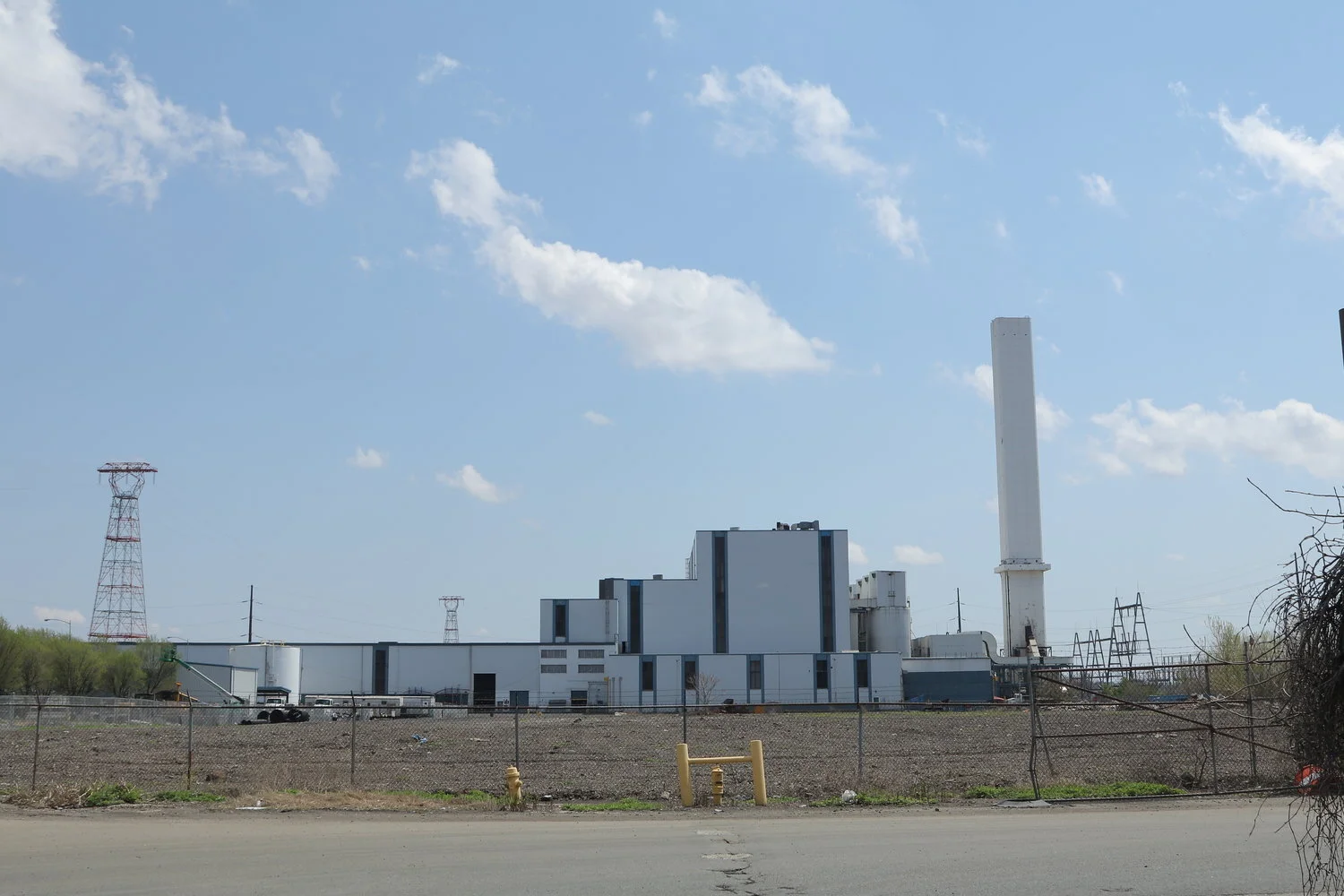Facts about trash and how to make less of it
To the Editor,
“When you’re living among the trash, you begin to feel like trash yourself.” So said Chester resident Zulene Mayfield about her neighborhood near the Covanta waste incinerator. Denise Patel, of the Global Alliance for Incinerator Alternatives, voiced a similar sentiment, saying “Low-income communities of color serve as dumping grounds for our nation’s waste, impacting health across generations.”
A 2019 study by the New School concluded that so-called “waste-to-energy” plants emit mercury, lead, particulate matter, sulfur dioxide, nitrous oxide, and carbon monoxide. For each kilowatt hour of energy generated, incinerators in the U.S. emit more of these pollutants than do fossil-fuel power plants — and more carbon dioxide, too. These greenhouse gases are feeding the fire of global warming. Particulate matter increases the risk of respiratory death in infants and pushes up death rates from cardiovascular and respiratory diseases like lung cancer and asthma. Incinerators also create toxic ash, which contains poisonous concentrations of dioxins and heavy metals.
Research indicates that Chester’s residents suffer from heart disease, asthma, and other chronic illnesses at levels far higher than the national average.
What can we do? We can join the international campaign, Zero Waste International Alliance (zwia.org). We can read about Delaware County’s efforts to limit waste at the website of Chester Residents Concerned for Quality Living (chesterresidents.org/zerowaste/#ZW) and sign up to support their work.
We can pressure manufacturers and other businesses to re-think their products and packaging. We can patronize stores that encourage bringing our own containers, like the Swarthmore Co-op (for certain items) and Good Buy Supply (1737 E. Passyunk Ave., Philadelphia). And each of us can consider the packaging whenever we buy something — or decide not to. Instead of throwing away things that could be of use, we can donate them to Goodwill, CityTeam in Chester, the Salvation Army, or the Free Store in Media.
As a community, we could institute a “pay as you throw” system in which residents’ trash fees are proportional to the amount of trash they put out at the curb. In places where such systems have been instituted, trash has been substantially reduced, and recycling has increased. Yes, recycling has significant challenges, but we can refer to tips in “Recycling: Doing Our Best” in the April 23 issue of The Swarthmorean to maximize its effectiveness.
For the sake of our Chester neighbors, I hope we will take this issue seriously.
Sue Edwards
Swarthmore



